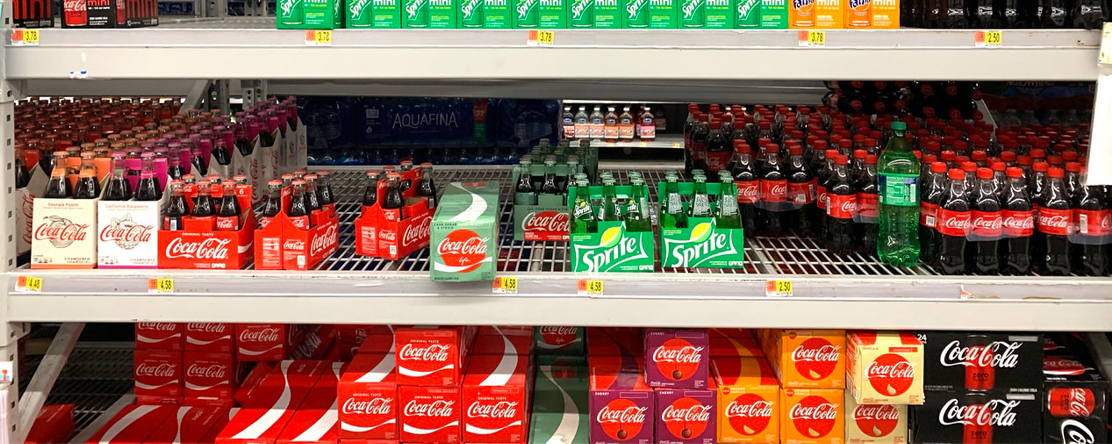
Berkeley Evaluation of Soda Tax (BEST) Study Preliminary Findings
- Lynn Silver, MD, MPH, FAAP
- Shu Wen Ng, Cory Hamma, Jennifer Poti, Barry Popkin
-
Focus Areas
Chronic Disease Prevention, Healthy Communities -
Issues
Nutrition & Food Security

Interim results presented November 3, 2015 at the American Public Health Association, from the largest-to-date evaluation of Berkeley, California’s 2014 sugar sweetened beverage excise tax, show that the one cent per ounce tax has been fully passed on to the retail pricing of sugar sweetened beverages in large and small chain supermarkets and chain gas stations, a prerequisite for taxes to reduce consumption. Data from the City of Berkeley also show that over $692,000 in revenues were raised in the first six months (or over a dollar for every resident per month), to be used in general fund efforts to promote healthier communities in the City. The preliminary results are based on data from two studies, one which collected prices from 26 stores pre-tax and at 4 months, and the second analyzing sales weighted data on 9.1 million beverage transactions in two grocery chains during the first six months. Price changes varied by store and product type as well as by package size. Findings were consistent across studies and with a recently published smaller study. A similar 10% beverage tax in Mexico has been shown to decrease consumption of sugar sweetened beverages.
Help spread the word with a tweet: Prelim Eval of Berkeley #SodaTax Shows It's Working As Intended: http://bit.ly/1MTyR6Q New research via @phidotorg
Work With Us
You change the world. We do the rest. Explore fiscal sponsorship at PHI.
Support Us
Together, we can accelerate our response to public health’s most critical issues.
Find Employment
Begin your career at the Public Health Institute.


